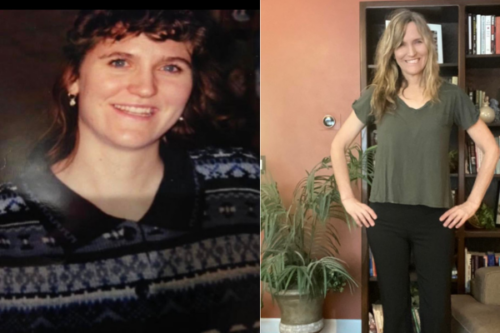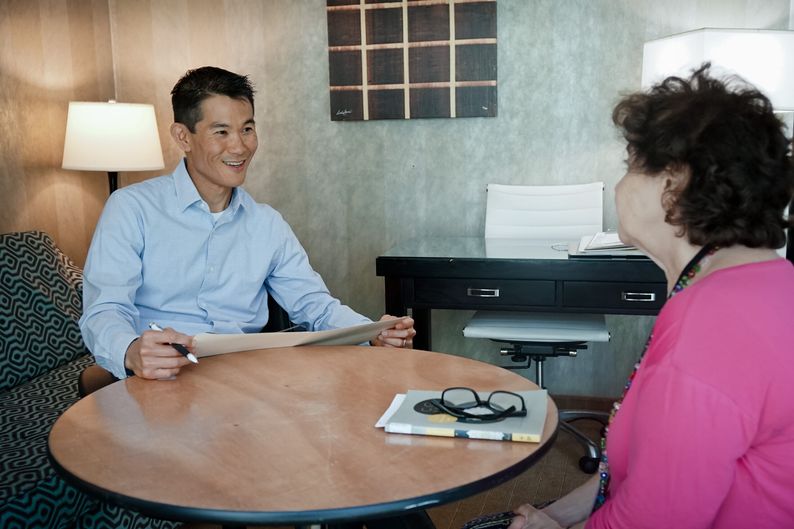John: Keeps Up with His Love for Adventure
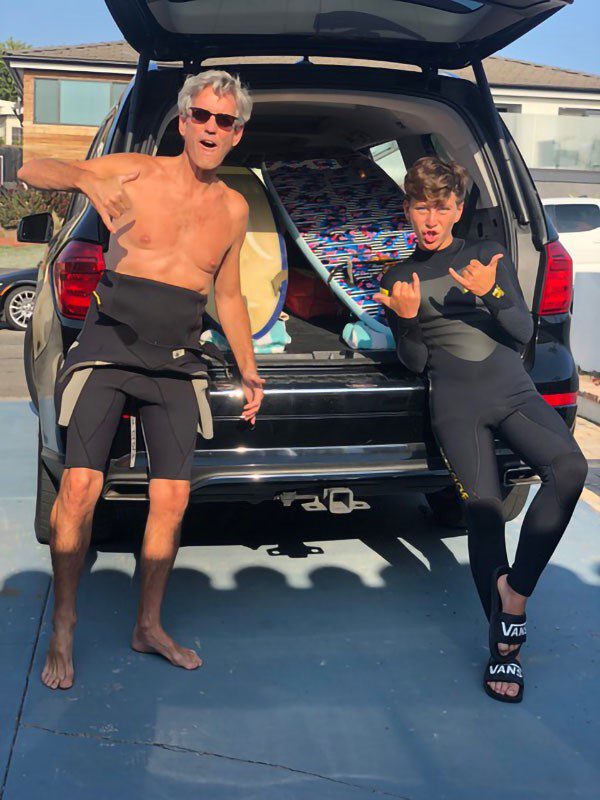
I want to express my gratitude to everyone at the McDougall Program – from Dr. John himself to Doug Lisle, Jeff Novick, and many others. I am just so very thankful to have been helped by this adroit team in a simple yet powerful manner.
I have always been motivated by good health, and when I was young, this meant engaging in and enjoying vigorous sports. As a teen, I ran high school track, played freshmen football, and varsity six-man volleyball, which, in the summers, morphed into competitive two-man beach games. In college, I rowed crew, competed in triathlons in my thirties, and throughout it all, reveled in a good endorphin buzz from a daily run of four or five miles. I even surfed regularly until my earlier forties.
Experiencing life through physical activity was integral to my happiness.
Yet, by my forties and fifties, I had lost a step, was struggling with sore knees, bad ankles, and needed to shed many excess pounds. I also was on a glide path to cardiovascular disease as my cholesterol was quite elevated. I often had a sense of vague, whole-body pain likely due to chronic inflammation.
Remembering what is was like to be lean and fit, I yearned for the sense of physical well-being I knew without thought or effort as a boy and young man.
Yet, was it even possible to feel good again now that I was in my mid-fifties?
I am happy to report that it is, and while getting well again initially required focus and discipline, it is a very achievable and certainly worthwhile goal. Now, years into the program, eating like this is second nature requiring little effort or thought.
Looking back on it, I would break my transition down into three steps:
- The Dos and Don’ts of the Food,
- The Concept of Caloric Density, and
- The Brain/Body/Mind connection captured and described by The Pleasure Trap
At first, I thought all I needed to do was know the details of the diet. However, while obviously critical, you really can’t navigate food choices without understanding Caloric Density; bluntly stated, somebody somewhere deserves a Nobel Prize for this key piece of work. And understanding the Pleasure Trap (i.e., the brain-body pain/reward system which guides human response to hunger and food) is absolutely vital.
The McDougall Program puts all of this stuff together in a comprehensive way that I found I could implement with long-term success.
Along the way, I made plenty of mistakes but I kept at it. I also got regular blood tests which allowed me to monitor what worked and what didn’t by quantifying the impact on my blood work. For example, being a “vegan” in and of itself turns out to mean very little if one is trying to control weight and cholesterol as there were times when I was eating a high-fat plant-based diet that neither improved my lipid panel nor my weight. Only when I ate a low-fat, starched-based diet did I see dramatic improvement. From peak to current trough, I lost fifty pounds and moved from clinical obesity to trim weight of 148 and BMI of 22.0. (Did I mention how good this feels?)
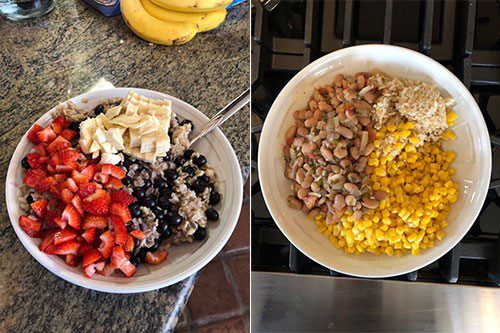
And as I reset my taste buds to a simpler, minimally processed diet, the volume of food consumed daily actually increased because strawberries, blueberries, bananas, oats, rice, corn, potatoes, beans, and vegetables have bulk from high fiber and water content, but they are low in calories. So, paradoxically, as I ate “more” I actually lost weight.
It is important to realize too that while I emphasize sport and exercise as a personal preference, my weight loss and improved health came from my diet, and not because I was always working out. In fact, in the beginning, before I felt great again, I lost tons of weight without working out at all. Exercise is its own reward effecting mood and health, but it is not necessary to lose weight or improve your blood profile.
So, am I now as fleet of foot as I was when I was twenty-five? Of course not. Nonetheless, I feel great as I hike every day up steep hills by my home. I can once again put in six-plus hours of rigorous Alpine skiing. And I’ve lost so much weight, and keep it off, that I now weigh less than I did in my twenties despite turning 61 this July.
My cholesterol dropped 39% from 224 to 135 without statins. In fact, I take no medicine at all. Generally speaking, I feel extremely good. Moreover, I am not afraid of aging – which is saying something in a culture that worships youth. The sense of malaise I once felt is long gone, and in its place is a wondrous sense of contentment with my body and health as I move into my sixties and beyond.
All of which is quite a gift – one I wish the whole world could share with me.
~John
Recommended Articles
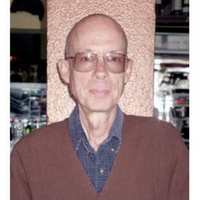
Burgess Laughlin: Dermatitis, Arthritis, Bursitis, Tendonitis, Iritis
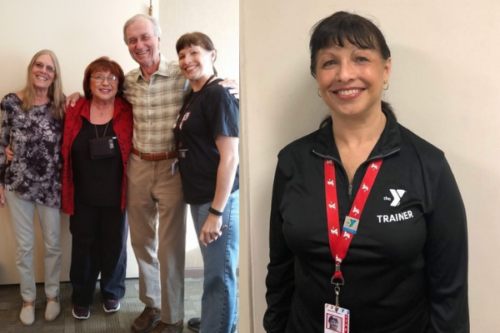
Jeanmarie: From Multiple Sclerosis to Complete Remission
